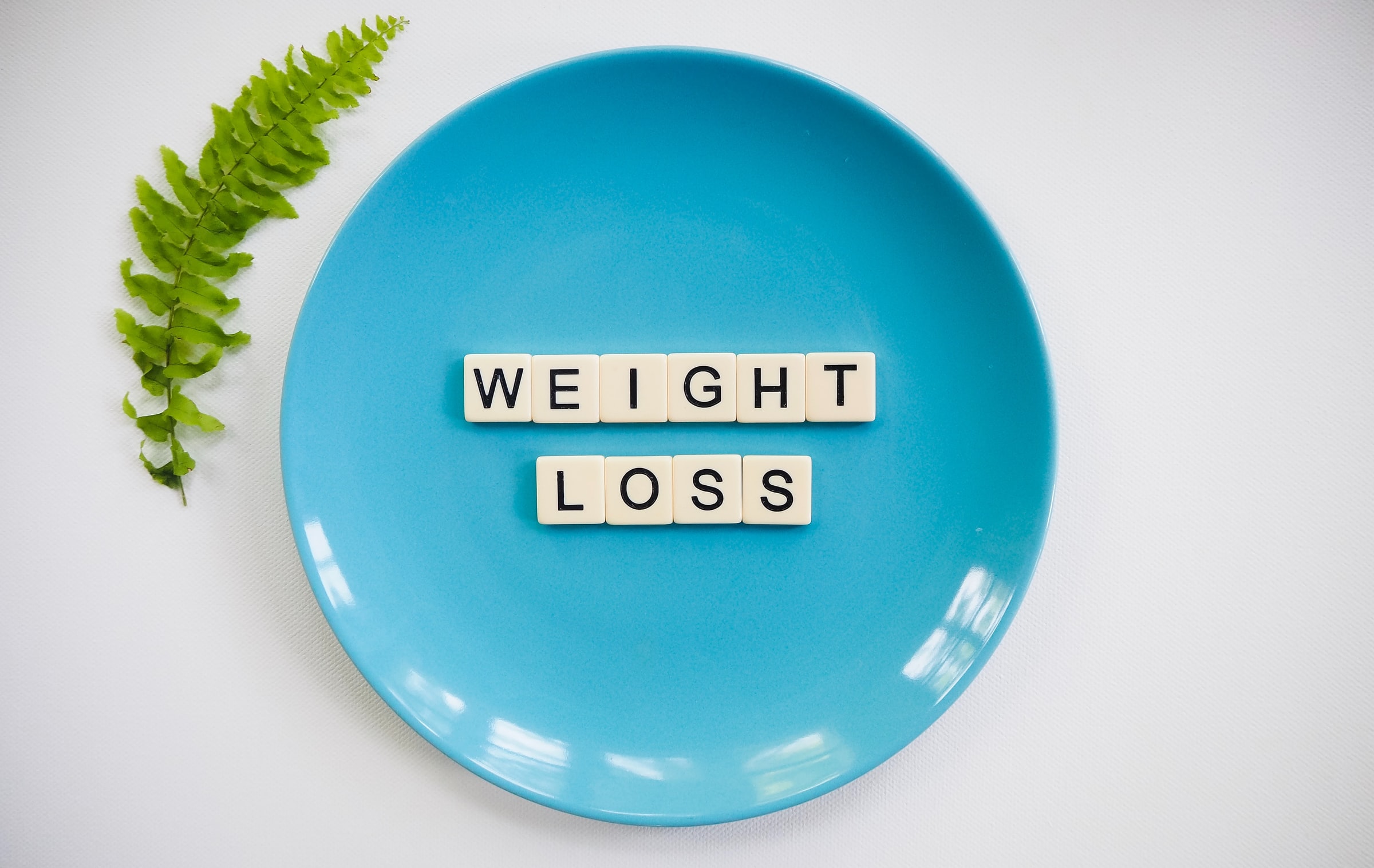There aren’t many people who are completely content with their appearance. But, before you begin any weight-loss programme, you must understand one important fact: dieting is a talent. You can’t go on a three-day diet and expect to lose all of the weight you’ve lost in the form of water ejected from your body. To obtain the intended objective, you must act methodically and methodically – Gaining Weight After A Diet.
Here are some concepts that have been shown to be successful in the long-term fight against obesity.
It’s Not A Diet, But A Way Of Life – Gaining Weight
It’s not helpful to think of diet as something you do for a brief amount of time. Dietary modifications must be made on a regular basis in order to lose weight. Sure, you can treat yourself now and again, but if you restrict your calories for a while and then return to your previous eating habits, you’ll gain weight faster than you think.
Competent Education
By growing muscle, the exercise burns calories and fat while also increasing metabolism. Those striving to lose weight, on the other hand, overestimate the number of calories they burn while underestimating the amount of food they consume. Unfortunately, our bodies are physiologically wired to hold on to those excess pounds, which means that when we exercise, our bodies experience a calorie shortfall, amplifying hunger signals.
A Truthful Response To Hunger
Some women find it difficult to lose weight because they are constantly hungry, so they bring snacks with them and eat when they are not hungry. Others eat because they are stressed or bored. However, you should wait until your stomach grumbles and it becomes difficult to concentrate before eating.
Calories Aren’t All Created Equal
The formula for weight loss is straightforward: consume fewer calories than you burn. And it’s here that what you eat makes a difference. A calorie isn’t just a calorie: it’s a calorie with a purpose. Inflammation can be caused by processed foods high in saturated fat, refined flour, or sugar, which alter hormonal signals that tell your brain you’re full. As a result, you consume significantly more food. Furthermore, studies demonstrate that junk food can be addictive.
Proteins Are Everything To Us
Protein is required for the development of muscular mass, which aids in the body’s metabolism and allows you to burn more calories. Participants in a weight-loss programme who consumed double the daily protein intake lost 70% of their body weight. Keep an eye on your portion proportions when it comes to fat. Above all, include veggies and fruit in every meal.
One-day Diets Aren’t For You
When you lose weight quickly on a diet, you don’t learn how to eat properly, alter portion sizes, or regulate anything that leads to overeating, so the pounds will quickly return. The physical consequences are far worse: the poorer your diet, the more you burn the muscles that give you strength. Cut 500 to 1,000 calories a day through food and exercise, depending on how much weight you need to reduce and how much you’re currently eating.
Sleep Deprivation And Stress
When you’re weary, your body releases cortisol, a stress hormone that might make you crave carbohydrates. Sleep loss also increases the levels of ghrelin, a hormone linked to appetite, while reducing leptin, a hormone linked to satiety.
The Less You Consume, The Less You Need To Lose Weight
When you lose weight, your body produces less of the fat hormone leptin. Leptin levels decline by nearly half when we lose just 10% of our body weight. The brain is wired to believe you’ve lost more weight than you have. So it instructs your body to consume more and burn fewer calories – Gaining Weight After A Diet.





